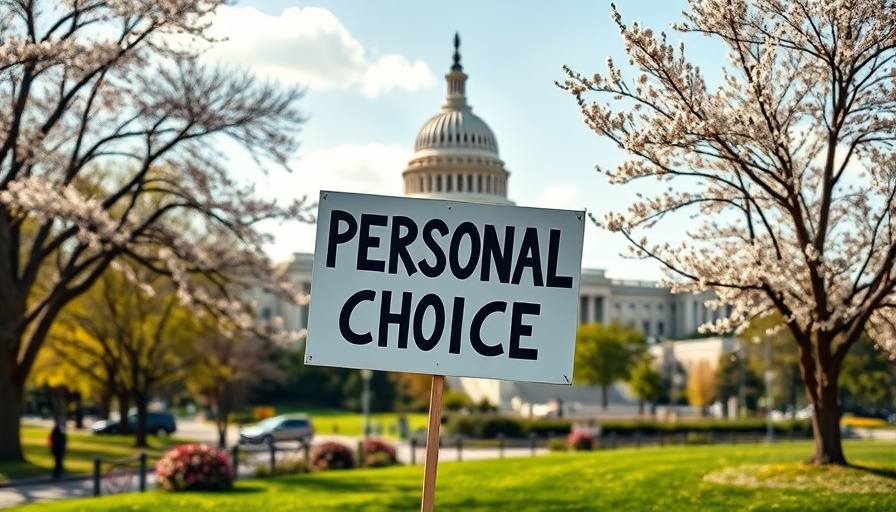
Link Between Abortion Access and Relationship Violence
Recent studies have illuminated a shocking link between abortion bans and increased intimate partner violence in the United States. In the wake of the Supreme Court's 2022 decision that effectively stripped away federal protections for abortion, one alarming trend has emerged: a reported 7-10% increase in intimate partner violence in counties where accessing abortion care requires longer travel distances. The National Bureau of Economic Research suggests this could translate to nearly 9,000 additional incidents of violence associated with limited abortion rights, resulting in social costs estimated at $1.24 billion.
The Underlying Causes of Increased Violence
Several factors contribute to this distressing trend. Restricted access to abortion not only creates financial strain but also imposes emotional and physical burdens on women and their partners. For many, the journey to obtain an abortion involves traveling up to 241 miles further than women in states without such laws, disrupting work schedules and adding stress. It's crucial to note that pregnancy can heighten vulnerability to violence, as indicated by research showing a 16% increased risk of homicide for pregnant women when compared to their non-pregnant counterparts.
How Restrictions Bind Women to Dangerous Situations
Abortion restrictions may inadvertently bind women to violent partners. The Turnaway Study revealed that women denied an abortion due to gestational limits are more likely to face intimate partner violence. This trend highlights the repercussions of being compelled to remain in a relationship where violence exists and the psychological toll it can take, leading to increased suicidal ideation among affected individuals.
The Ripple Effect on Mental Health
Even women who do obtain abortions face the emotional fallout from restrictions. Delays and financial strain that come with obtaining care can exacerbate stress levels and strain family relationships, often resulting in a toxic environment ripe for violence. Dhaval Dave, one of the study's authors, asserts that the entire experience—filled with stress, financial hardship, and prolonged exposure to potential violence—can deteriorate the quality of relationships, regardless of the eventual outcome of the pregnancy.
A Community Health Perspective
How do these findings resonate within the broader health and wellness community? From a community health perspective, they underscore the need for supportive policies that safeguard women's rights and mental well-being. Sensible and compassionate health policies can serve as a buffer against intimate partner violence and create healthier relationships and communities.
Understanding the Context: A Historical Perspective
Historically, access to reproductive healthcare has been tied to better outcomes for women and families. A pattern emerges: when access is limited, the repercussions extend into family dynamics and societal health. Creating a safe environment is essential for optimal health and wellness, making understanding these dynamics even more crucial for both individuals and public health advocates.
Practical Steps Towards Change
In navigating this complex issue, what can individuals and communities do? Awareness and advocacy can play a significant role in driving change. Community health initiatives could promote educational programs highlighting the importance of consent, communication, and support systems in addressing the roots of domestic violence. Collaboration between wellness centers and advocacy groups can also foster supportive environments where individuals feel safe to share and seek help.
Future Implications: A Call for Collective Action
This research invites us to reassess how we approach laws governing reproductive health. As advocates rally for change, it is incumbent upon community members to engage in discourse surrounding these issues. By fostering discussions and supporting accessible healthcare options, we can work towards mitigating violence and promoting health and wellness for all.
As we witness the ongoing developments surrounding reproductive rights, it is essential to advocate for impactful, empathetic solutions that support not just individual women, but the wellbeing of entire communities. Take action today – educate yourself, support local health initiatives, and engage in conversations about the importance of reproductive rights in fostering healthy, violence-free relationships.
 Add Element
Add Element  Add Row
Add Row 



Write A Comment